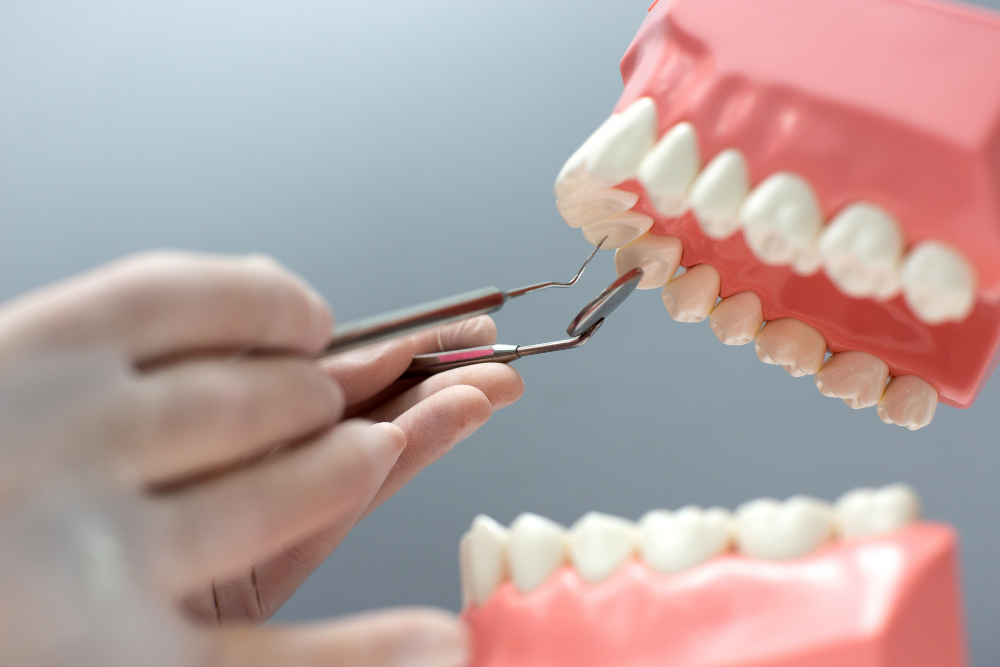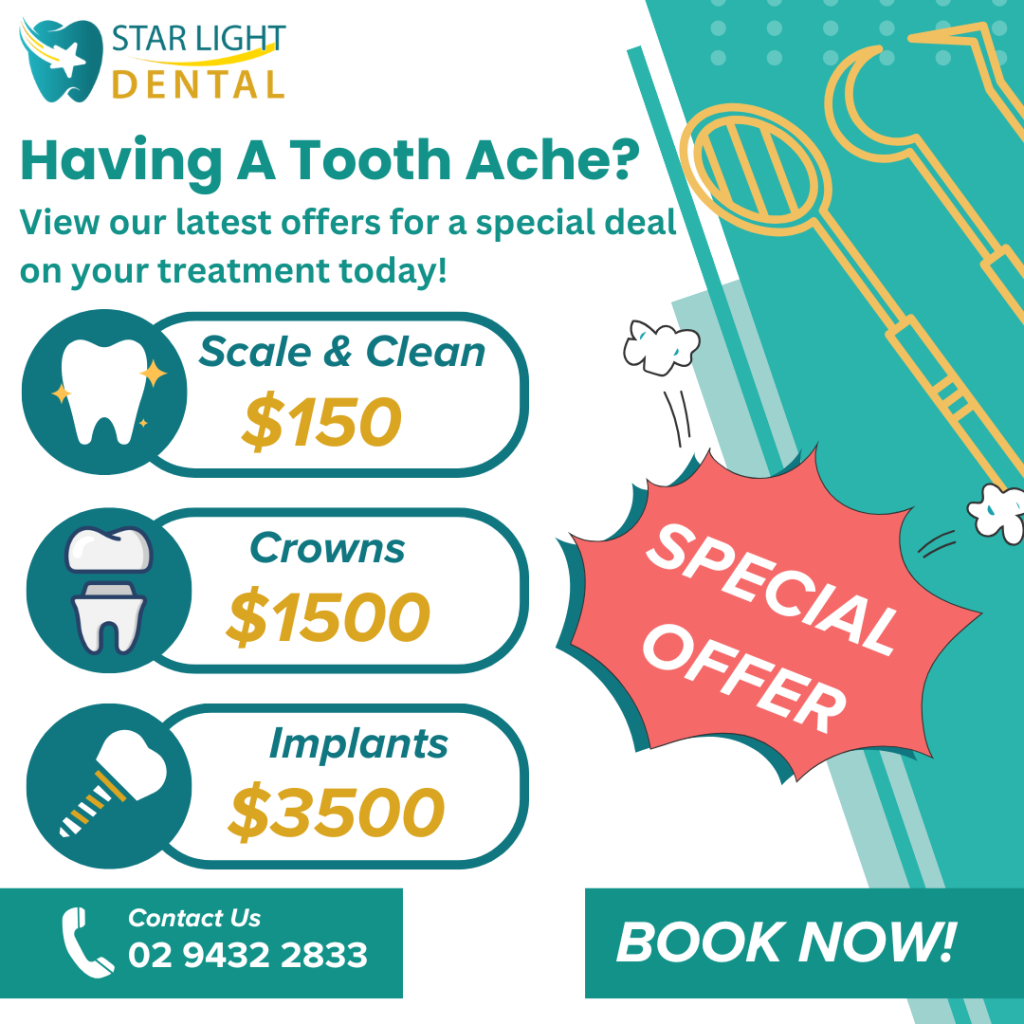
A dental crown operation usually involves a few days of recovery time while the body heals from the discomfort and inflammation caused by the procedure. Dental crowns are highly effective solutions for anyone looking to repair damaged teeth. It is common for people to feel sensitive, uncomfortable, or in pain at first; however, these adverse effects should pass after a few days.
1. Sensitivity to anaesthetic
The numbing effect from a local anaesthetic may last for several hours following the dental appointment if one was used during the dental crown process.
Patients are more likely to unintentionally burn or bite themselves during this period because they are not able to perceive normal warning signs like heat or pain. It is advised to abstain from chewing hard foods or drinking hot beverages during this period.
2. Sensitivity, discomfort, and pain
Following a dental crown operation, the majority of patients report some pain or discomfort in the afflicted area of their mouth. After a few days or weeks without any prescribed therapy, this usually gets better.
For interim pain management, many patients find that using little analgesics is helpful. For instance, ibuprofen is frequently suggested to assist lessen related pain and improve patient comfort.
3. Care for Temporary Crowns
The majority of patients who require dental crowns will receive a temporary crown to cover the prepared abutment tooth in the interim while the permanent crown is being provided to match the patient’s bite and jaw structure. Since the temporary crown is more brittle than the permanent crown, extra caution must be used to avoid fractures and dislodgement.
4. Dietary and Oral Care Advice During Recovery
Patients should be able to resume their regular diet after the permanent dental crown has been inserted and the anaesthesia has worn off. But in the first twenty-four hours after the crown-to-abutment dental cementation operation, it is advisable to stay away from sticky foods.
Conclusion
Patients frequently experience some hesitancy when it comes to eating hard, sticky, or chewy foods at first, but as their trust in the permanent dental crown grows, they can progressively introduce these foods.
The patient should receive excellent dental treatment for the duration of their lives. They should understand that crowns can still decay, especially in the area where the abutment tooth meets the gum line. Patients should therefore thoroughly floss every day and clean their teeth twice a day using fluoride toothpaste.


